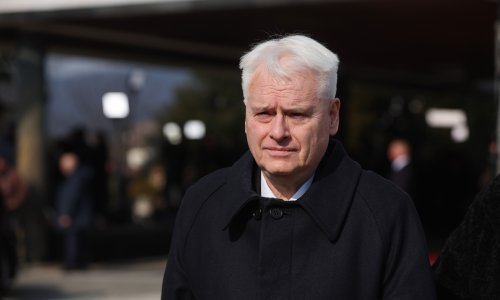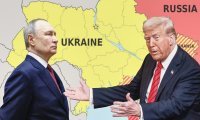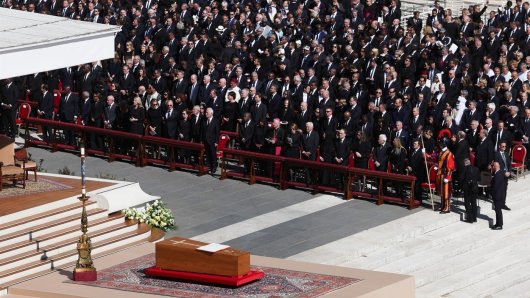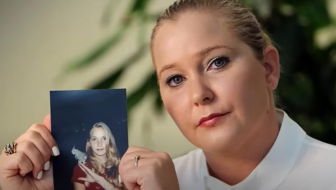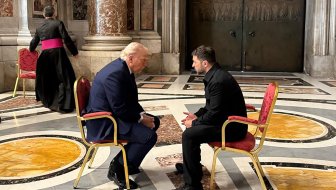President Ivo Josipovic said on Saturday evening that Vukovar was a symbol of heroism and tragedy, but that there was a new opportunity for this town to become a model of reconciliation and multiethnic coexistence.
Josipovic was speaking in the Workers' Hall whose reconstruction is being co-funded by the European Union and the Croatian government. The EU has so far allocated a million euros and the Croatian government 340,000 euros for the restoration of that building, built in 1897.
Considering the multiethnic history of Vukovar, which involves 20 different ethnic groups, the reconstruction of the town's historical heritage damaged during the 1991-1995 war will contribute to the European model of reconciliation, "United in Diversity", which is one of the basic principles of the European Union, said the head of the EU Delegation in Croatia, Paul Vandoren.
UNDP Resident Representative Louisa Vinton said that the reconstruction of the Workers' Hall would help leave the war behind, noting that it was important to the revive its former role as a vibrant and harmonious centre of the community.
The reconstruction of the interior of the building is expected to take several years to complete and the total cost of reconstruction and equipment is estimated at 3 million euros. The roof has been repaired and the facade is near completion.
Earlier in the day, President Josipovic met with juvenile volunteers of the 1991-1995 Homeland War. He said that about 3,200 juveniles had defended their country during the war, adding that their expectations regarding resolution of their status were well founded, but that it was up to the government and parliament to decide on this matter.
The head of the Association of Juvenile Volunteers of the Homeland War, Damir Besednik, said that juvenile volunteers were asking for "at least moral satisfaction" for their participation in the defence of the country. "Whether it will be a medal or some other form of recognition is irrelevant," he said, adding that 93 juveniles had taken part in the defence of Vukovar in 1991.
When asked to comment on protests in neighbouring Serbia triggered by the acquittal of Croatian generals Ante Gotovina and Mladen Markac before the UN war crimes tribunal in The Hague on Friday, Josipovic said that that was not important. What is important is that the generals are back in Croatia and that the court has found that Operation Storm was not a criminal operation, he said.
Josipovic said it was a fact that war crimes had been committed after Operation Storm, but added that Croatia, as a state governed by law, should do all in its power to bring the perpetrators to justice. He recalled that Croatia had launched several proceedings against members of its military units on suspicion of war crimes.






